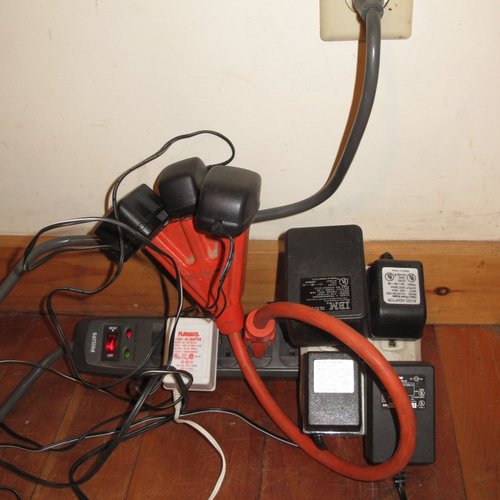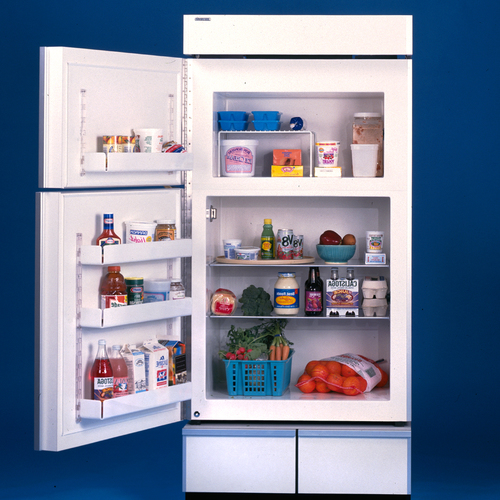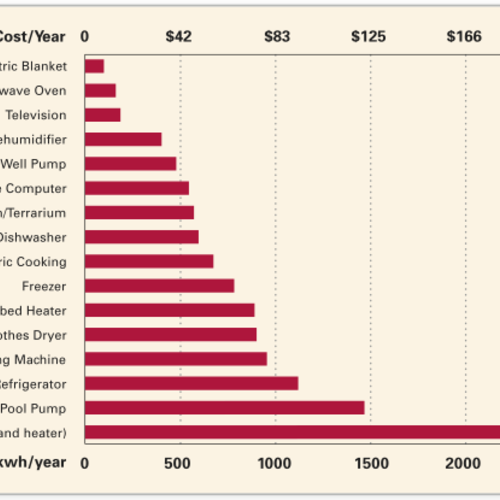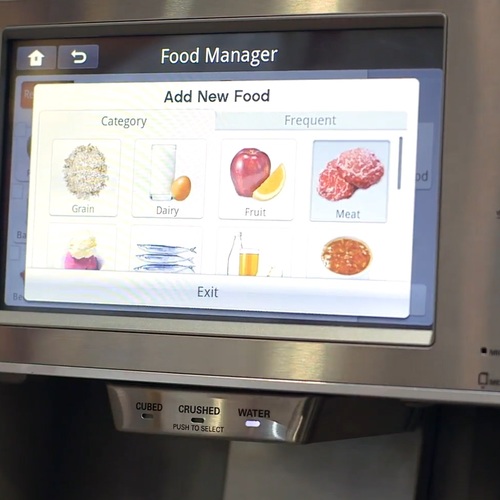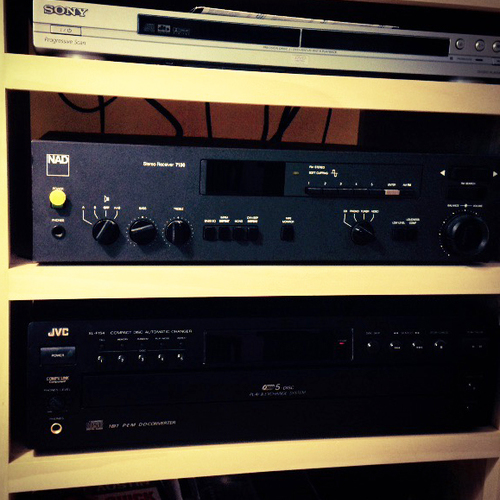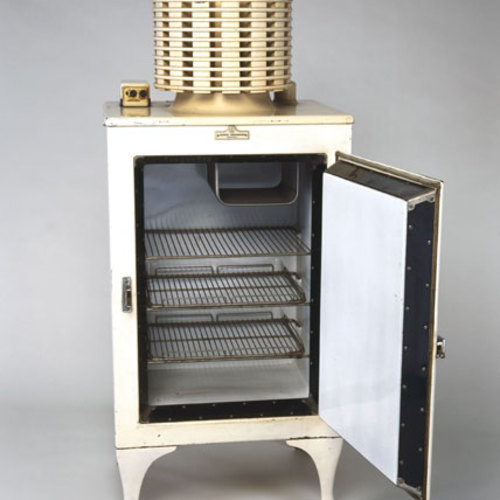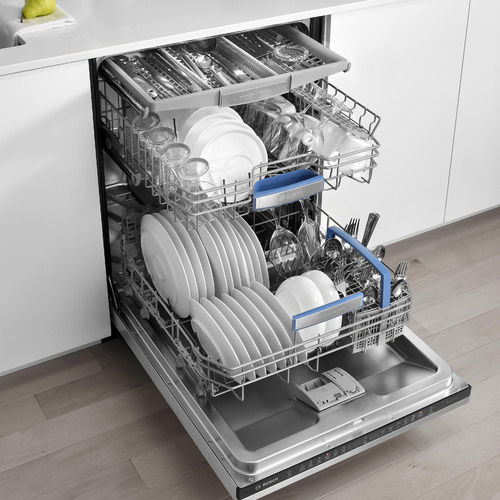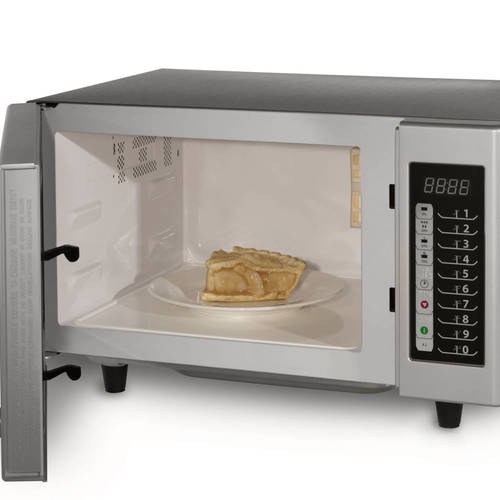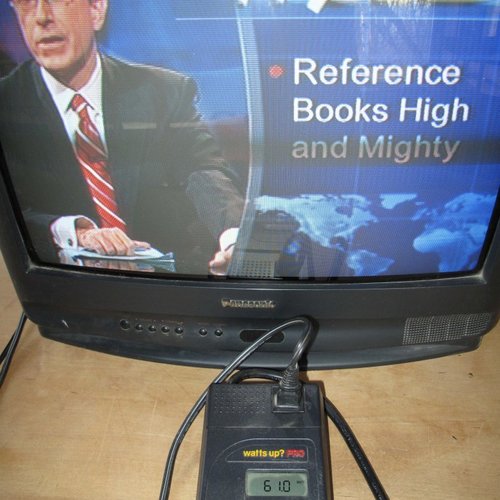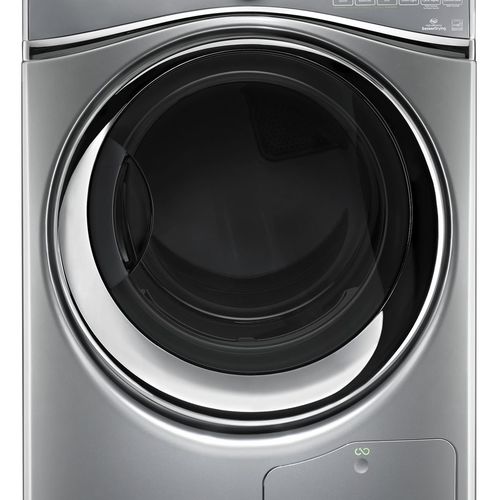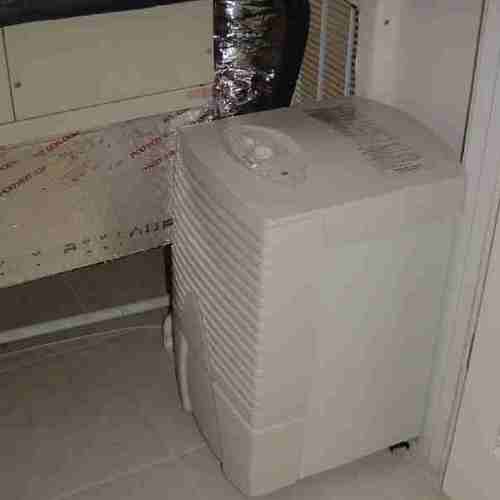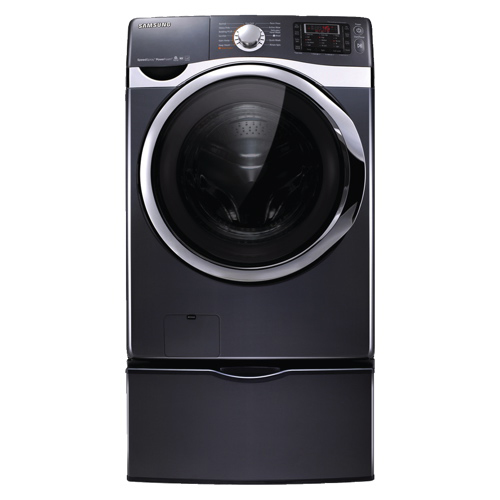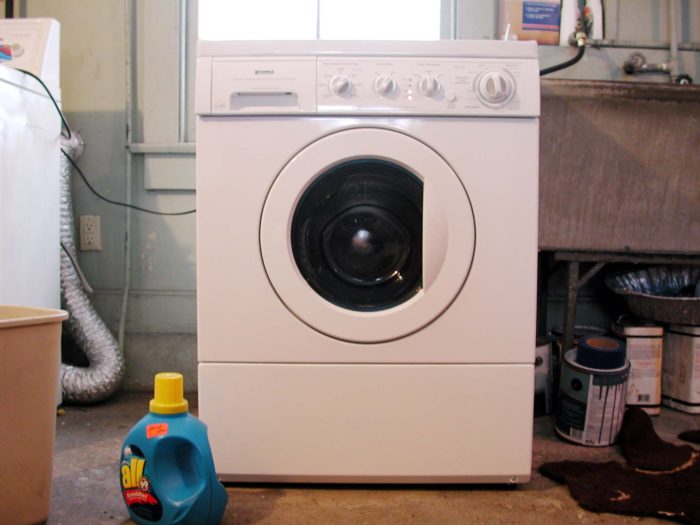
This is a list of the most important GBA articles on appliances and plug loads.
If you are looking for an index that spans all categories, with a special focus on “how to” articles, check out this resource page: “How to do Everything.”
-
Tackling the Plug Load Problem
The biggest energy load in most houses is space heating. When it comes to electricity, the list of major loads usually includes air conditioners, water heaters, and lighting. Almost all other residential electrical loads are usually categorized as “plug loads.” According to a paper by Sam Rashkin, Glenn Chinery, and David Meisegeier, “plug loads are the fastest growing energy load in the residential sector.”
-
7 Steps to an Energy-Efficient House: 6. Appliances
Editor's introduction: With energy prices rising again, many homeowners are planning energy-efficiency improvements to their homes. But most people are unsure of where to begin, and even seasoned builders don’t always know which priorities should rise to the top of the list. Betsy Pettit, an architect at [Building Science Corporation](http://www.buildingscience.com), recommends starting where you can get the most bang for the buck. Step 6: Buy Energy Star (or better) fixtures, appliances, and lighting
-
Are Energy-Efficient Appliances Worth It?
When homes turn over, is it green to automatically turn over all of the major appliances as well? The answer is likely to be yes. Unlike many other goods, major appliances in the US over the last 20 years have gone way UP in energy efficiency while going DOWN in price. Research by the Lawrence Berkeley National Laboratories shows that between 1980 and 2001, the energy efficiency of refrigerators and freezers improved by about 60% while at the same time real consumer prices dropped by 40%!
-
Choosing Kitchen Appliances for a Passivhaus
After living in our house for 1½ years, I finally have enough distance to evaluate the many decisions that went into building it. I plan to write a series of "Hindsight" posts, speaking frankly about what worked and what we'd do differently if we had to do it all over again. To start the series, I'm going to keep it simple and talk about our kitchen appliances. Don't worry, I'll cover all the hairy Passivhaus details eventually, but I'll start at the shallow end.
-
Get Ready for Smart Appliances
Utility executives and some energy-efficiency experts have been dreaming for years of a smart electricity grid connected to smart appliances that can be remotely controlled. In many North American cities, however, the installation of smart meters has faced strong opposition from some homeowners. The resulting fallout has amounted to a public relations nightmare for electric utilities.
-
‘Always On’ Electronics and Appliances Waste Billions
Electronic devices that use electricity even when they appear to be turned off, and a new generation of appliances with digital components and internet connectivity, together waste a total of $19 billion a year in electricity, according to a new report.
-
Choosing an Energy-Efficient Refrigerator
Because federal appliance efficiency standards have gotten more stringent, new refrigerators use much less energy than those sold in the 1970s. These days, it’s fairly easy to find a full-size refrigerator that requires only 350 to 500 kWh per year — significantly less than the 1,000 kWh/year energy hogs of yore.
-
All About Dishwashers
An automatic dishwasher uses hot water and electricity, so it makes sense to choose an efficient model. But before discussing the question of which dishwasher you should buy, we need to address two questions:
-
All About Microwave Ovens
A microwave oven uses less energy than a conventional oven. Even though this statement is broadly true, a microwave oven isn’t always the most efficient way to cook. So what appliance should you use to heat up or cook your dinner: A gas stovetop? An electric-resistance stovetop? An induction stovetop? A gas oven? An electric oven? A countertop toaster oven? A crockpot? Or a microwave oven? If all you care about is energy efficiency, it’s possible to come up with an answer to this question — but the answer will depend on the quantity and the type of food you are cooking.
-
Choosing an Energy-Efficient Television
Last weekend I reluctantly undertook the unpleasant task of buying a new television. The task was unpleasant for several reasons: I have a countercultural aversion to updating electronic devices; I hate shopping; and I especially hate shopping at the only area retailer that sells televisions, a particularly repellent megastore headquartered in Arkansas.
-
The Clothes Washer Revolution
In the 1980s, when my wife and I were expecting our first child, we decided it was time to give up our weekly adventure at the laundromat and buy our first clothes washer: a used Maytag. It was rugged and generally dependable despite its age, but it had a big drawback: it used about 50 gallons of water to wash a load of laundry. Our house was served by a spring that often ran dry in the late summer, so we had to watch our water use very carefully. It wasn’t too long before we decided to replace that Maytag.
-
Alternatives to Clothes Dryers
UPDATED on 7/7/2016 with information on heat pump clothes dryers from Whirlpool and LG. In an American home with a relatively new refrigerator, the clothes dryer usually uses more energy than any other home appliance. An electric clothes dryer draws between 4,000 and 6,000 watts, and costs about 60 cents an hour — about $158 per year, on average — to operate. While a gas dryer may only draw 400 watts of electricity, it also consumes a significant amount of natural gas or propane to dry each load of laundry.
-
Energy-Saving Clothes Dryers Hit U.S. Markets
Clothes dryers are the energy hogs of home appliances, accounting for 6 percent of total residential energy use and costing U.S. consumers $9 billion a year in power bills. Dryers use more electricity — an estimated 900 kilowatt hours a year — than either a refrigerator or a clothes washer. Homeowners in Europe have long had access to dryers that use heat-pump technology instead of electrical resistance elements or gas burners to dry clothes. And now two manufacturers, Whirlpool and LG, are rolling out heat-pump clothes dryers for U.S. buyers.
-
All About Dehumidifiers
An energy-efficient home in a hot, humid climate should have a tight envelope, thick insulation, energy-efficient appliances, and low-solar-gain windows. If you include these features in a new home, your air conditioner won’t run as often as your neighbor’s. That’s good. But there is a downside to the fact that your air conditioner runs rarely: during the hours that your house has no active cooling, it also has no active dehumidification. As a result, your indoor relative humidity is going to rise.
-
All About Washing Machines
About 82% of U.S. homes have a clothes washer. Each of these appliances is used, on average, to wash about 300 loads of laundry per year. On an annual basis, residential clothes washers use more energy than dishwashers but less than refrigerators.
